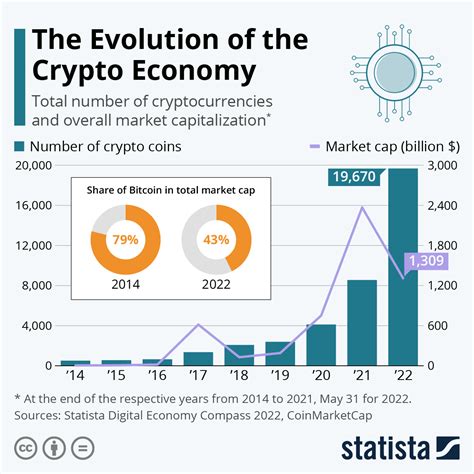Solana: What does it mean for a Solana program not to be associated with a ProgramData address?
Understanding Unassociated Programs in Solana
In Solana, programs can be associated with multiple accounts, including Program Accounts (PA) and Program Executable Data Accounts (PEDA). When a program is deployed, a new PAA is created that contains the program’s address. However, it is not uncommon to see unassociated programs where no PAA or PEDA is present. In this article, we will delve into what these unassociated programs mean and why they exist.
Program Accounts (PA)
A program account is a unique account that stores information about a Solana program. When a new program is deployed, a new PAA is created to store the program’s address. This PA contains the program’s data, such as its executable code and state variables. The purpose of a PAA is to provide a centralized place to store program data.
Program Executable Data Accounts (PEDA)
A program’s executable data account is an account that stores data associated with a Solana program. PEDA contains executable program code that can be used to execute program logic. The purpose of PEDA is to provide a centralized place to store executable program code.
Why Unassociated Programs?
Unassociated programs exist in Solana for several reasons:
- Data Storage
: An unassociated program may not have been deployed or only has stored data, but associated accounts (PAA and PEDA) still need to be created.
- Program Deployment Optimization: In some cases, deploying an unassociated program can actually help optimize Solana resource usage by allowing for more efficient data storage and retrieval.
- Testing and Development: Unassociated programs can serve as testbeds or development spaces for new ideas and concepts.
Impact on Program Execution
If a program is not associated with any accounts (PAA or PEDA), its execution may be affected. In the absence of stored data, the Solana runtime cannot execute program logic until it is associated with an account that contains the necessary data.
To resolve this issue, unassociated programs must be deployed and associated with at least one account to provide space for their associated data.
Conclusion
Unassociated programs in Solana can have various consequences for program execution. While they may not contain any stored data, they still require the creation of associated accounts (PAA or PEDA). Understanding the purpose and behavior of unassociated programs is essential for developing efficient and scalable Solana applications.
By exploring the intricacies of Solana’s program structure, developers can better design and optimize their applications to take advantage of Solana’s unique features.




